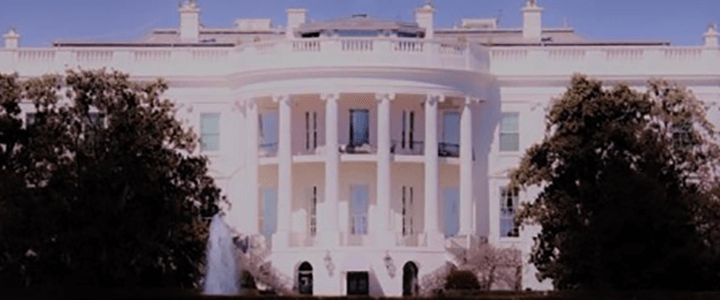Yesterday, we began a discussion of how tweets do not equal policy. Real policy, the kind that actually provides guidance for the operation of Federal agencies, takes a long time to develop. By the time a fully vetted and approved policy comes out of the Beltway Play-Doh Fun Factory, it often bears only a passing resemblance to the idea that sparked it, the same way lumps of colored clay emerge, colors blended, in a new shape.
The recently released National Security Strategy is a sober document. It is the product of a lot of hard work and what is most assuredly some tense negotiation among agencies with competing interests. Despite this, the “hot take” online reaction was at times hysterical. One commenter dismissed it because it sounded “like it was written by a committee.” Which, of course, it was.
And that is the point.
Trump can be dismissive of Russia
The president sometimes goes out of his way to downplay the Russians’ information operations during the 2016 election. Who could blame him? People are trying to use that (dis)information campaign to delegitimize his victory. That is wrong. I remain convinced that at best, the fake news stories the Russians planted served to motivate Trump’s base. It’s highly unlikely they actually swayed that many votes.
But because people use Russia as a club with which to hit the president on the head, he digs-in and plays defense. He continues to criticize the special counsel’s investigation and downplay every development. Last week, a Washington Post exposé charged that the president “scoffed at the suggestion that his candidacy had been propelled by forces other than his own strategy, message and charisma” to his own advisers.
He has reluctantly acknowledged that the Russians were behind the hack on servers at the Democratic National Committee, but added that “we also get hacked by other countries and other people.” Most damningly, the Post asserted, “Nearly a year into his presidency, Trump continues to reject the evidence that Russia waged an assault on a pillar of American democracy and supported his run for the White House.”
You wouldn’t know that from reading the NSS, the document that sets the stage for almost every foreign and military policy of the Trump administration.
A sober assessment of the threat
The NSS wastes no time in getting to the heart of the matter. “Russia” is mentioned 25 times in the document’s 55 numbered pages, beginning on page two, and alludes to Russian actions in several other spots. At the very beginning, we find the blunt statement, “China and Russia challenge American power, influence, and interests, attempting to erode American security and prosperity. They are determined to make economies less free and less fair, to grow their militaries, and to control information and data to repress their societies and expand their influence.”
Page 14 features an even more blunt statement that goes straight to the heart of the election matter. “Today, actors such as Russia are using information tools in an attempt to undermine the legitimacy of democracies. Adversaries target media, political processes, financial networks, and personal data.”That doesn’t sound like the product of an administration that believes charges of Russian interference were made up by the losing side.
On page 26, we read, “Through modernized forms of subversive tactics, Russia interferes in the domestic political affairs of countries around the world.”
Even when Russia isn’t specifically named, passages like, “Many countries now view cyber capabilities as tools for projecting influence, and some use cyber tools to protect and extend their autocratic regimes,” and, “Rival actors use propaganda and other means to try to discredit democracy. They advance anti-Western views and spread false information to create divisions among ourselves, our allies, and our partners,” leave little doubt who the text refers to.
I understand people are uncomfortable with a president who is redefining the boundaries of presidential decorum. But I will continue to remind the panic-stricken that the actual formal policies the administration advances, like the ones outlined in the NSS, are fairly conventional. They sky is not falling, Chicken Little.




